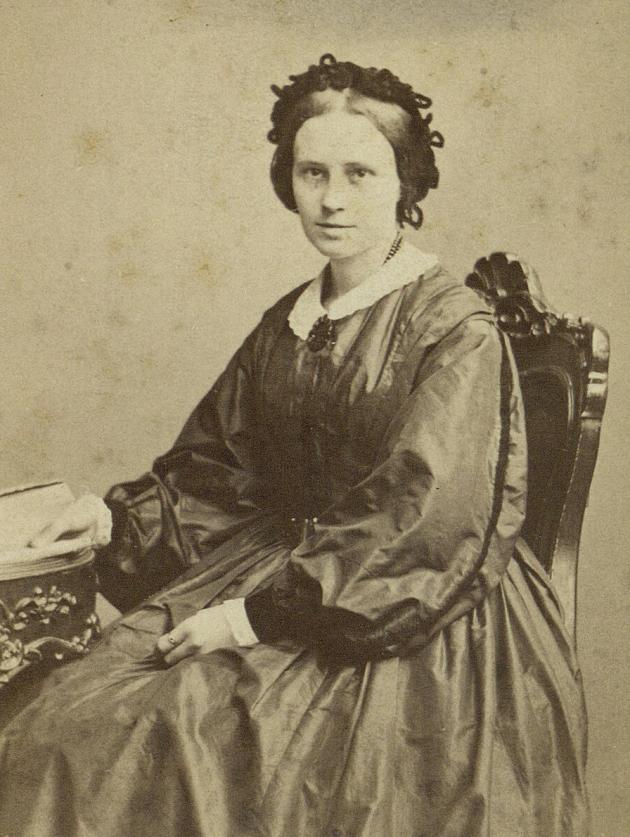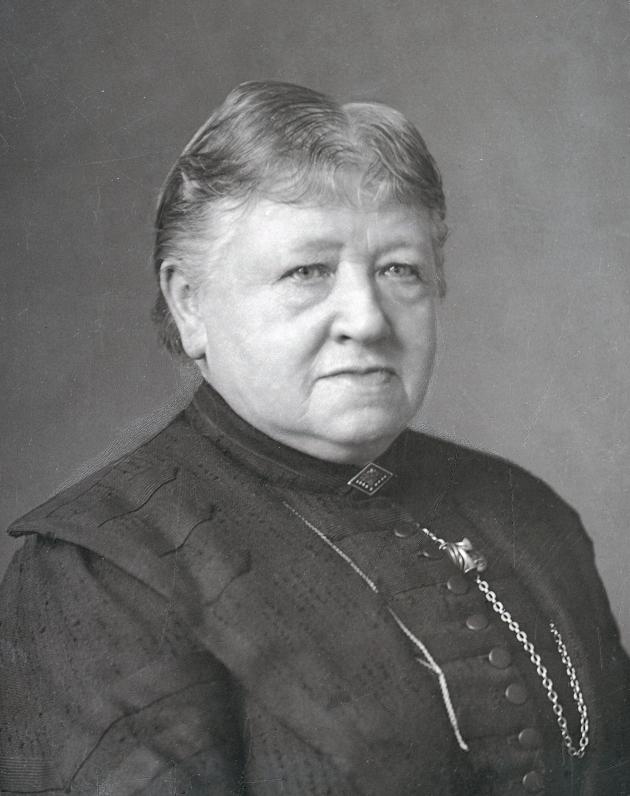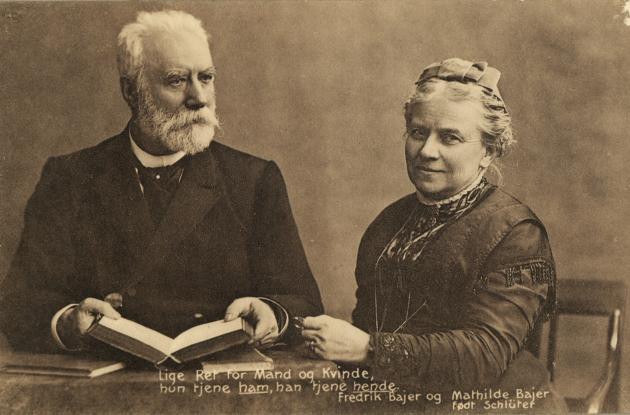Denmark's first women's organisation
In 1871, the Danish Women's Society was founded and an organised struggle to improve women's rights had begun.
On 24 February, 1871, a handful of women met in the couple Mathilde and Fredrik Bajer's apartment in Nørrebro to found the first women's organisation in Denmark. Initially, it was called the "Local Committee of the International Association of Women" because they chose to set it up as a local branch of an international organisation headquartered in Geneva. But even before the year was over, the link to the international feminist movement had disappeared, and the organisation had changed its name to "the Danish Women's Society".
The reason for the change was that they thought they could do better with an independent Danish organisation with the Danish public. Words like "international" still smelled too much of revolution here shortly after the Paris Commune (March 18, 1871 - May 28, 1871). The Paris Commune was a failed uprising in the French capital marked by socialist, anarchist and feminist currents that came to name communism.
The word equality or women's cause was not mentioned directly in the purpose clause of the new organisation, although it was quite clearly what it was all about:
“§1. The purpose of the Danish Women's Society is to raise the woman in spiritual, moral and economic terms and thus also to make her a more independent and efficient member of family and state, especially by giving her access to self-employment ”
“
(Adopted on 15 December 1871 at the first general meeting)

Photo: Thora Caroline Andrea Hallager
Women's lack of rights in 1871
The initiative to set up a women's association did not come out of thin air. As early as the middle of the century, female writers and teachers such as Mathilde Fibiger, Pouline Worm and Athalia Schwartz had publicly criticised women's lack of rights and opportunities to free themselves both spiritually and materially from society's oppressive views of women.
And there was enough to address, for in 1871 women had virtually no rights. For example, women could not get an education, get a job in the public labour market, vote or run for parliament, or manage their own finances. Married women became legally incapable at the time of marriage and could not obtain custody of their children upon divorce and so on.
In the first years, the Danish Women's Society focused on the most urgent thing: namely, unmarried women's opportunities to support themselves. From 1872-75, the Danish Women's Society established three schools - the Business School for Women, the Sunday School for Working Women and the Drawing School for Women. All three to provide women with education so they could feed themselves.
Since then, as the organisation grew and developed into a nationwide organisation with over a hundred local branches, the work programme was expanded to include virtually all areas of women's lives.

Photo: Julie Rasmine Marie Laurberg
From a small handful to many thousands
The Danish Women's Society developed quite quickly into an influential and innovative women's organisation. A kind of women's watchdog - who demanded both justice and equality before the law, but who also came up with creative solutions to the problems of gender equality.
The number of members culminated in the 1940s with about 15,000. Since then, membership has dropped dramatically, but today the organisation has up to 40,000 followers on social media.
In the first many years, the movement gained parliamentary influence through its close connection with members of parliament from the political parties Venstre and Det radikale Venstre, some of whom even sat on the board of the Danish Women's Society. From 1918, when the first women were elected to the Danish Parliament, and until around the 1970s, it was common for prominent female politicians from the entire political spectrum to sit on the board of the Danish Women's Society. And in this way they ensured that "the women's voice" was carried into the political work at Christiansborg.
Today, the Danish Women's Society is still Denmark's oldest women's organisation and still one of the largest lobbyists for gender equality.
